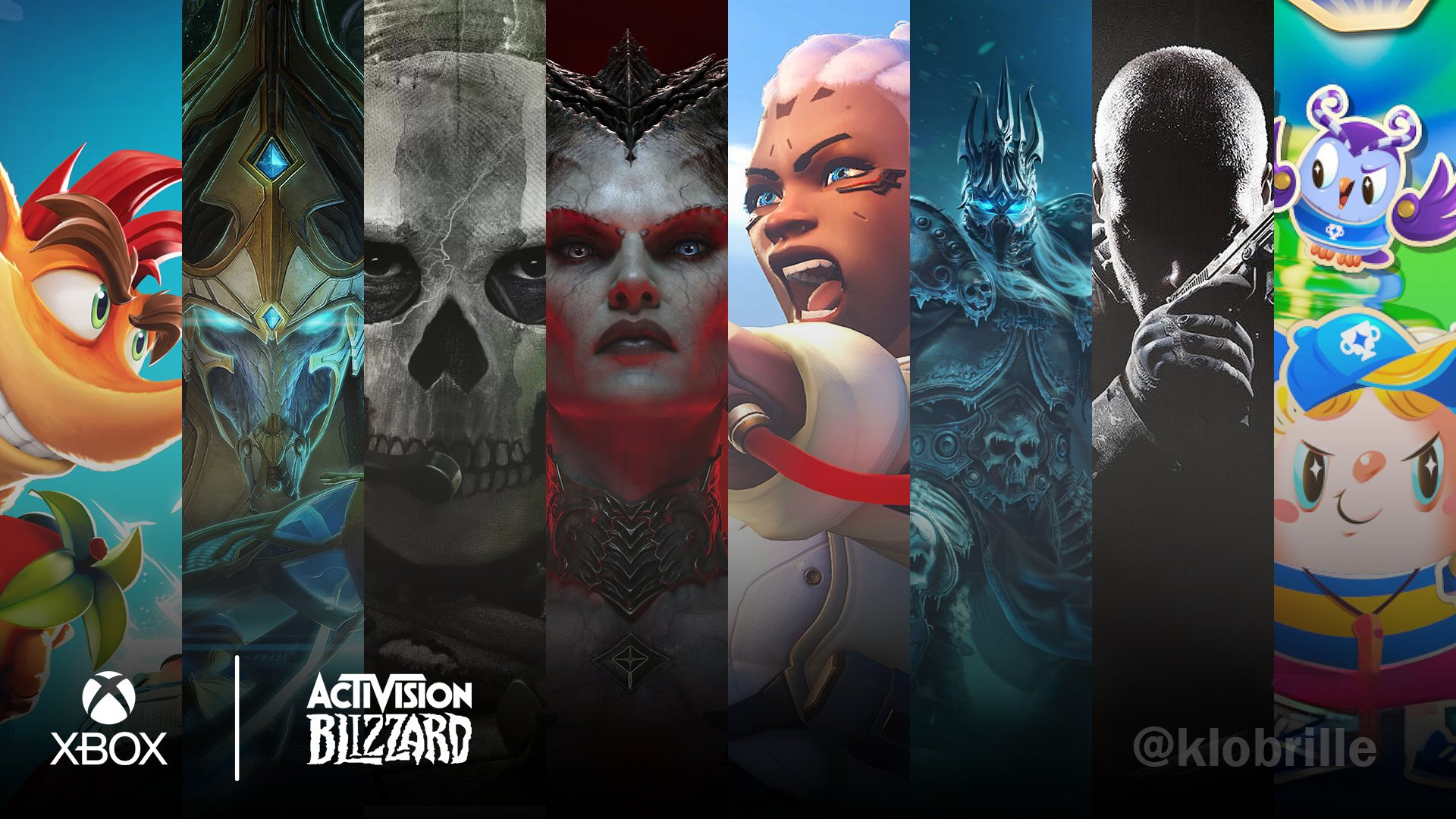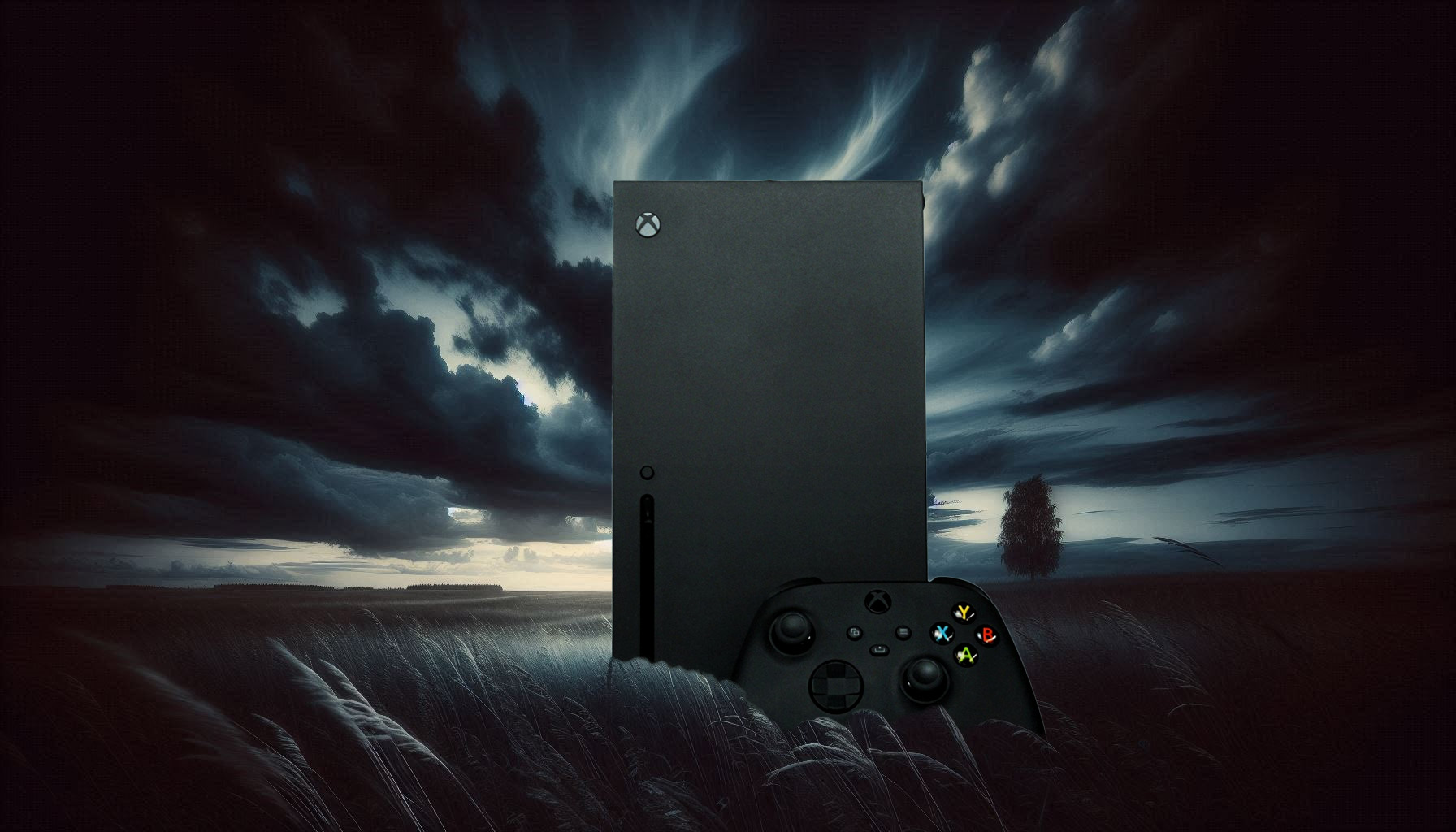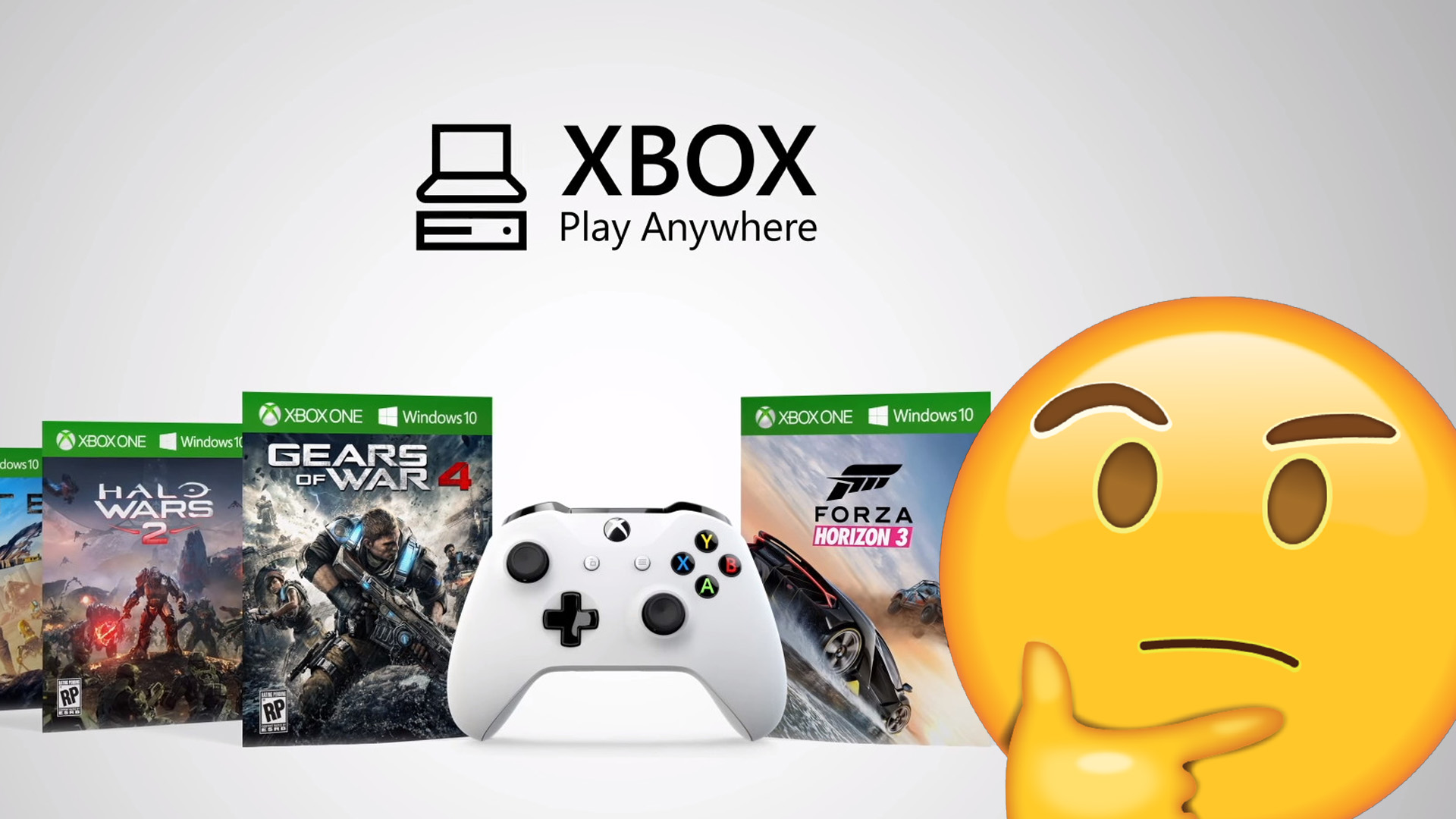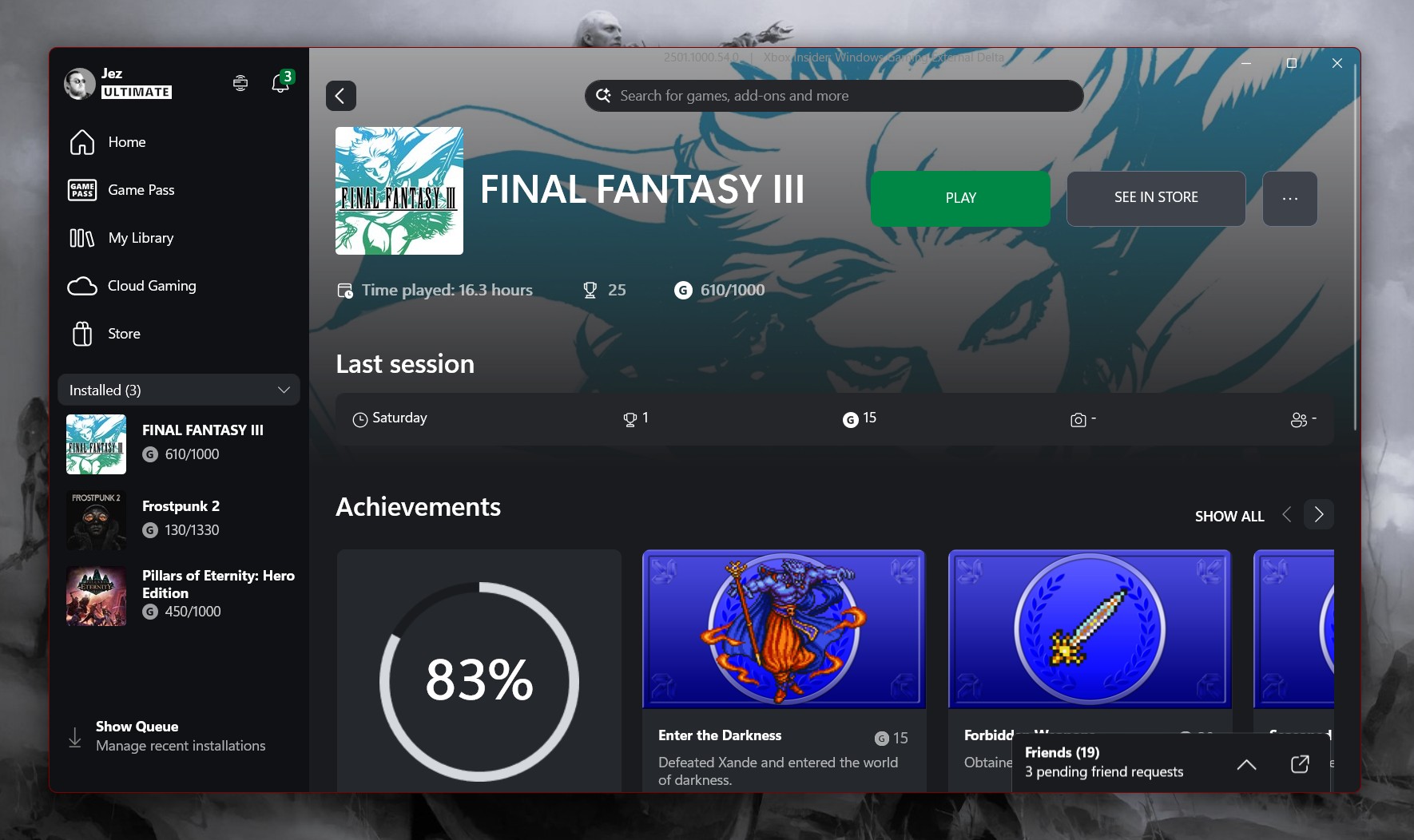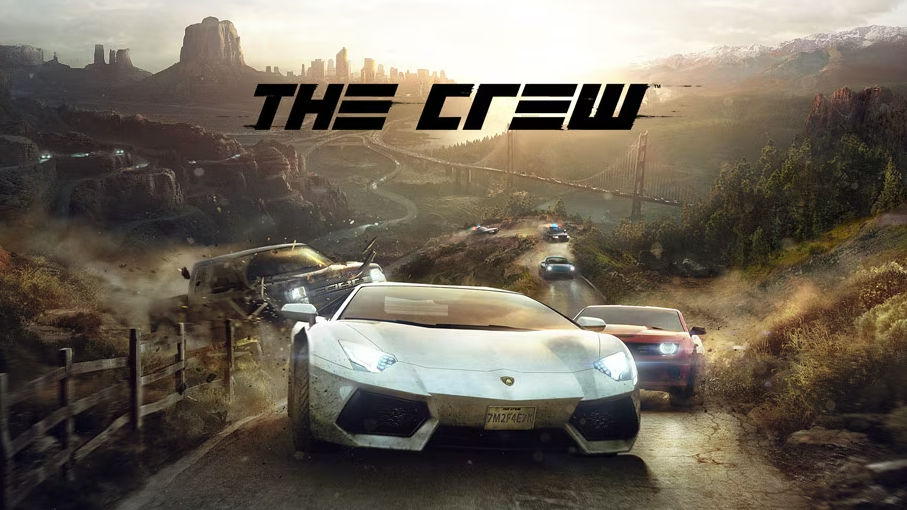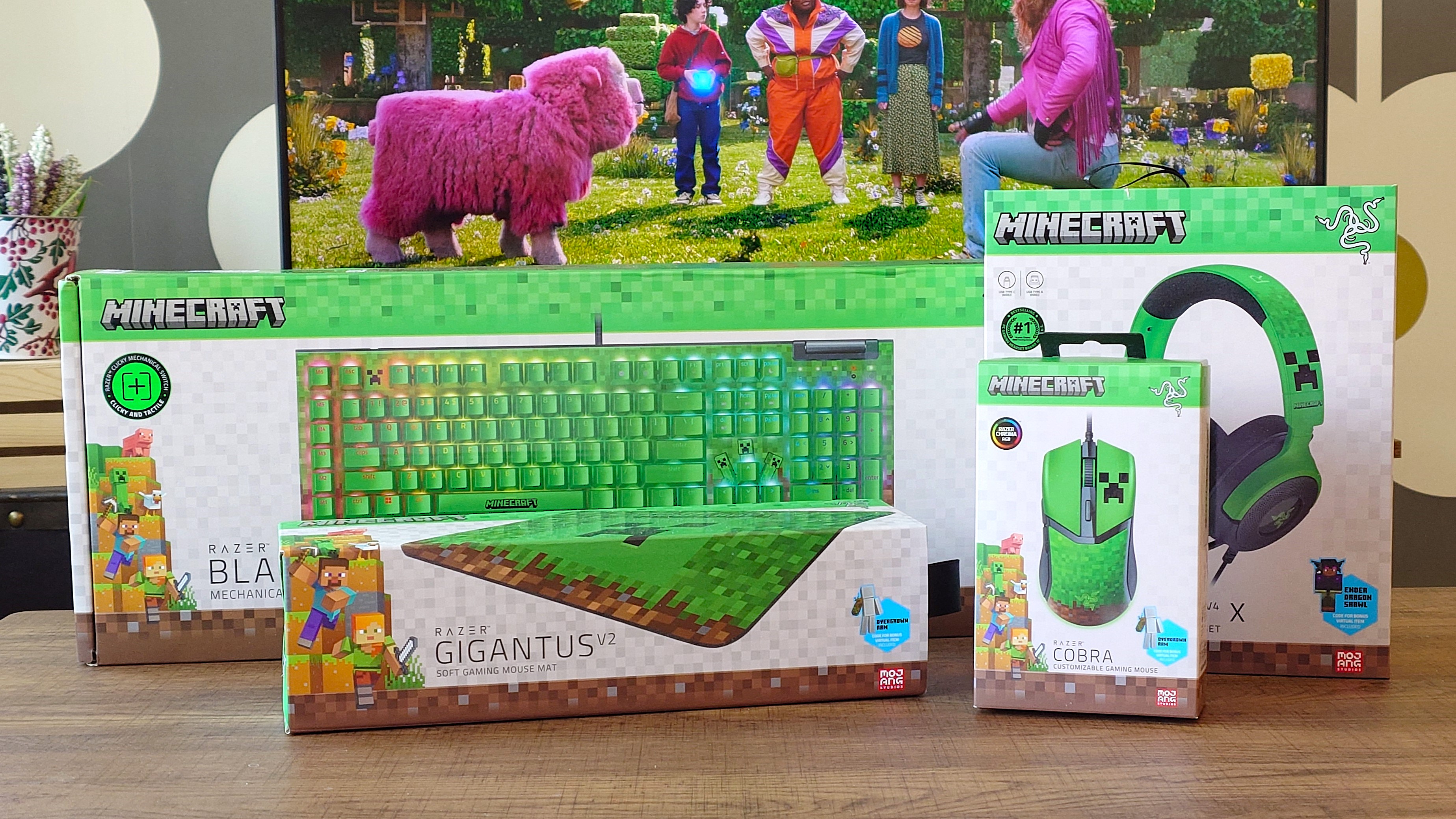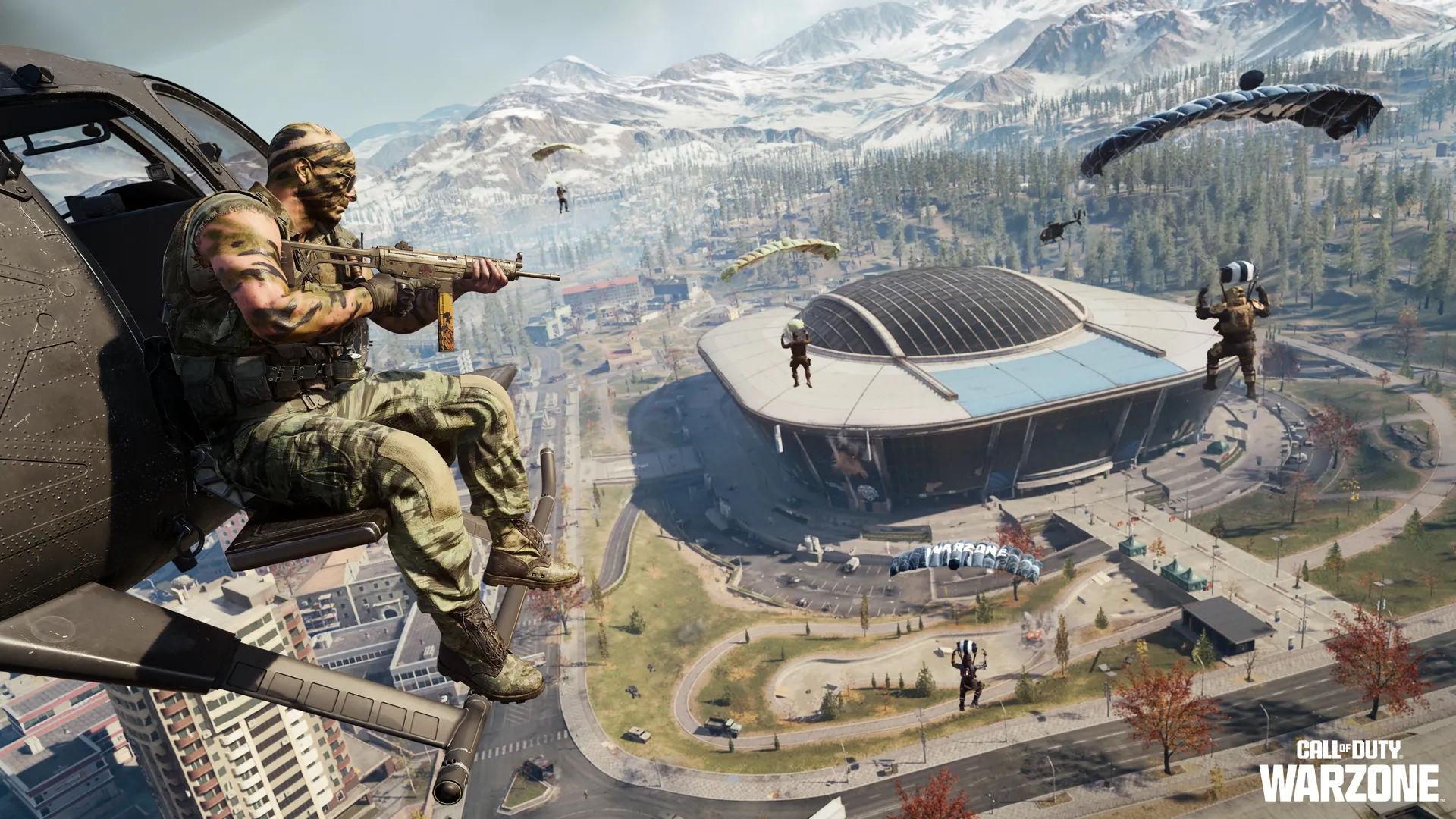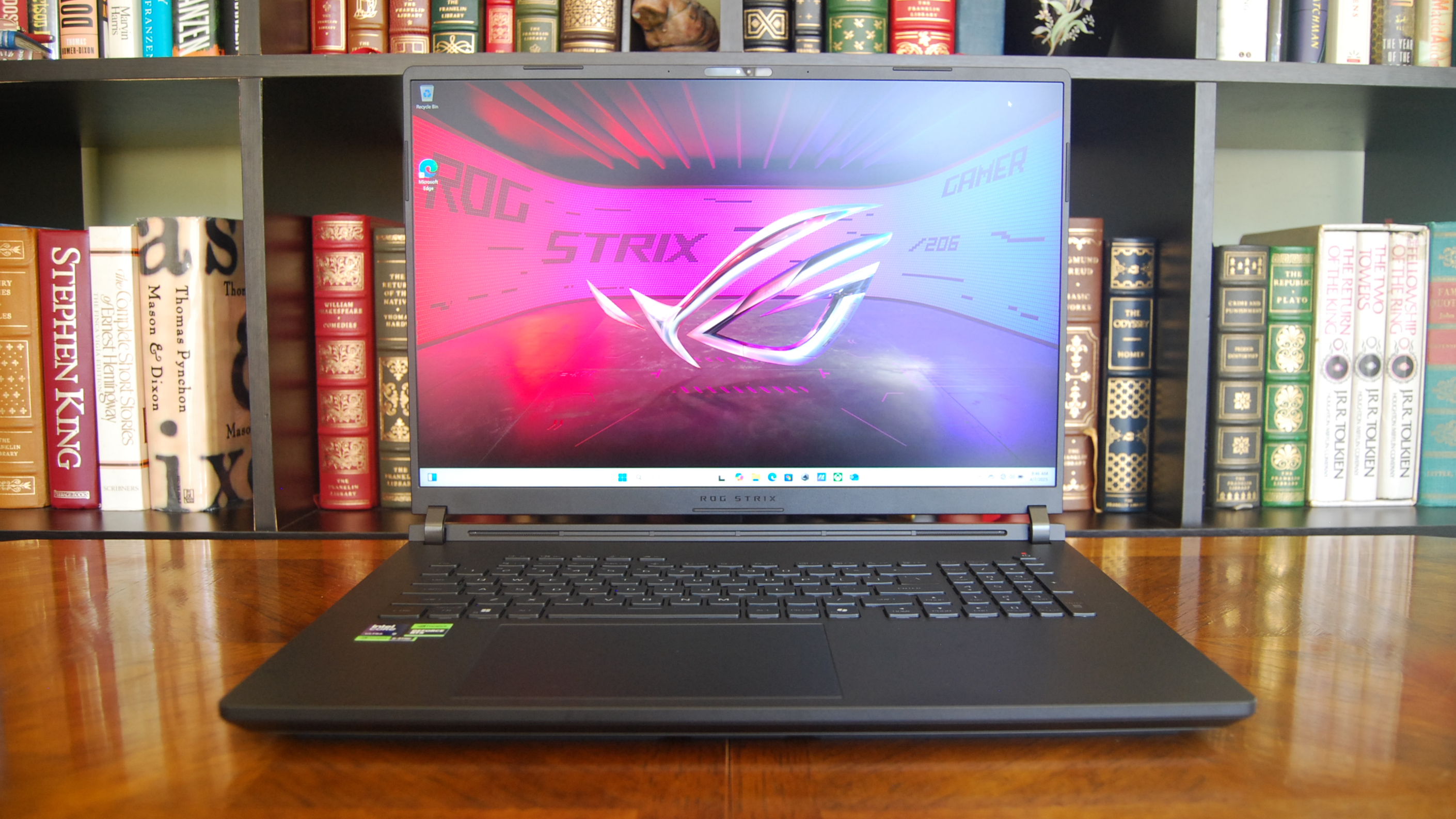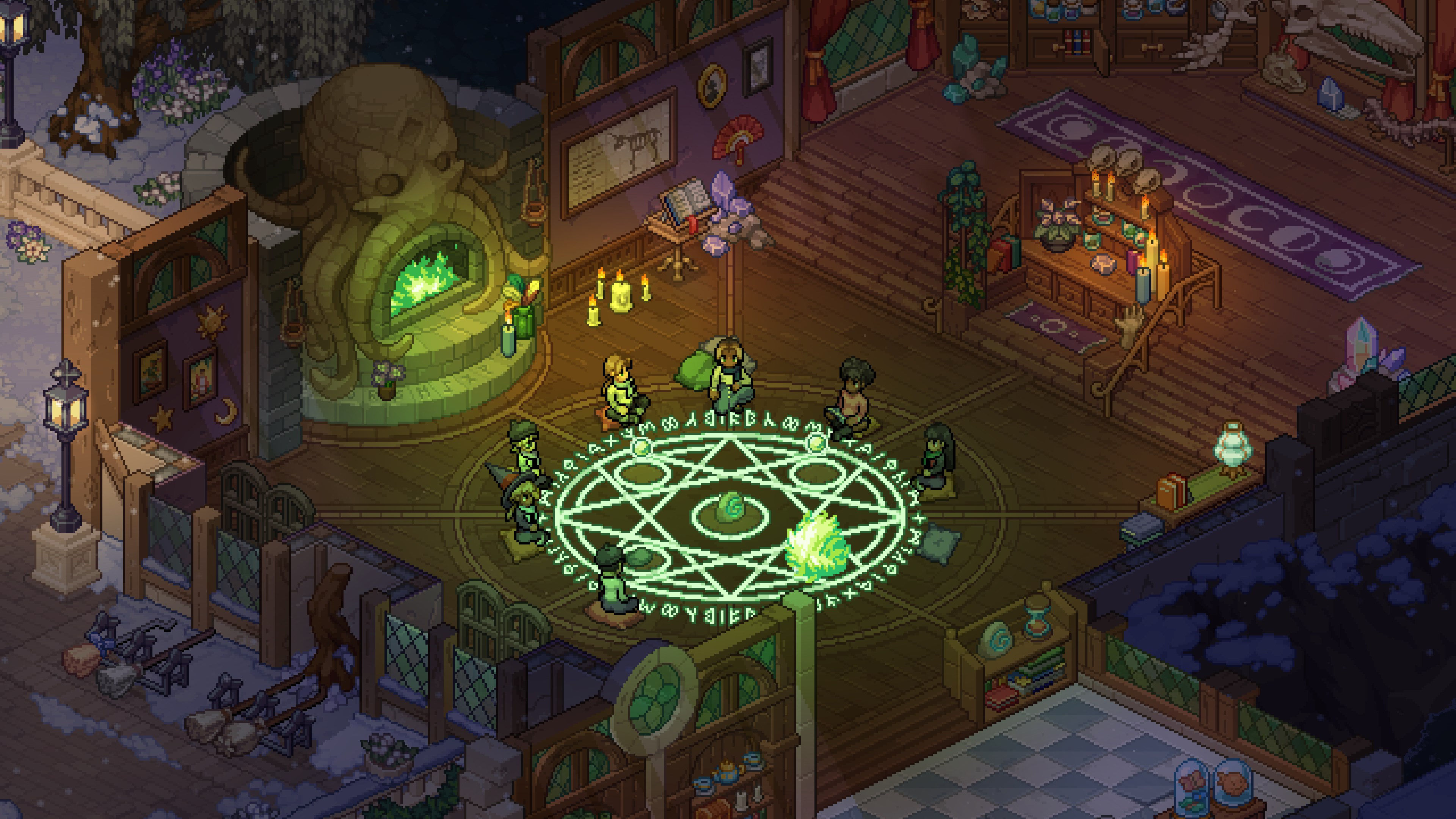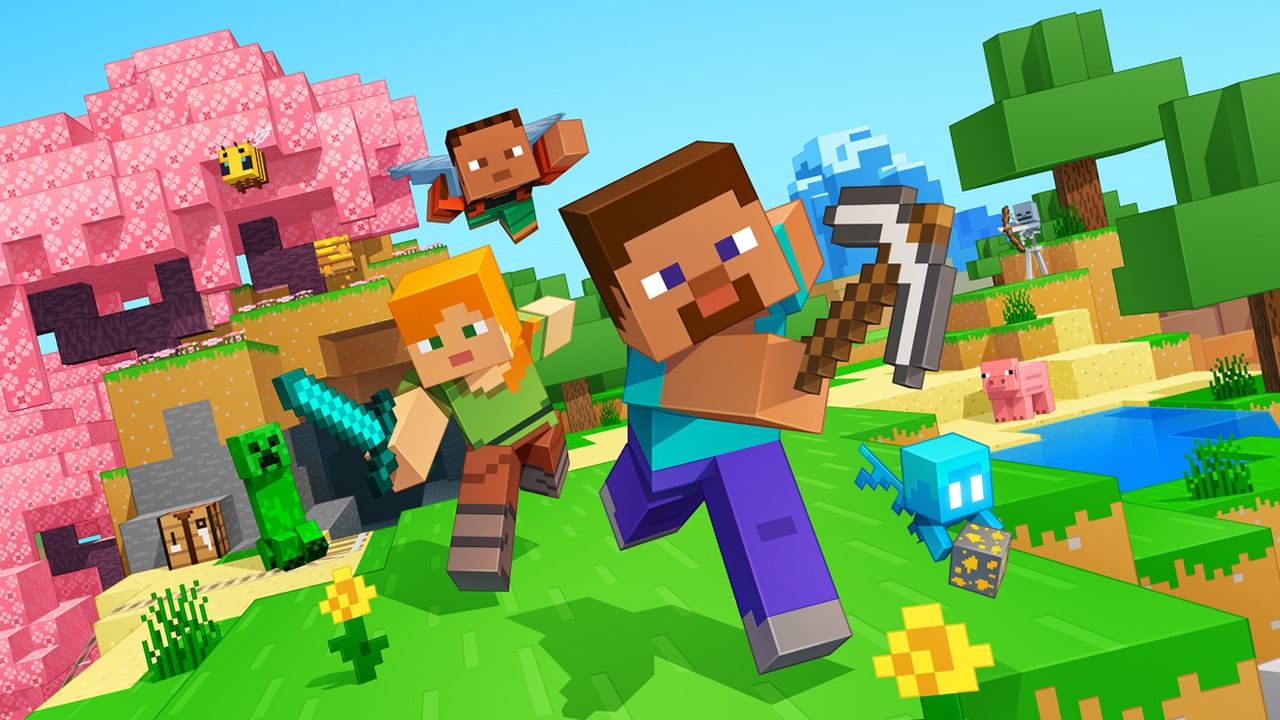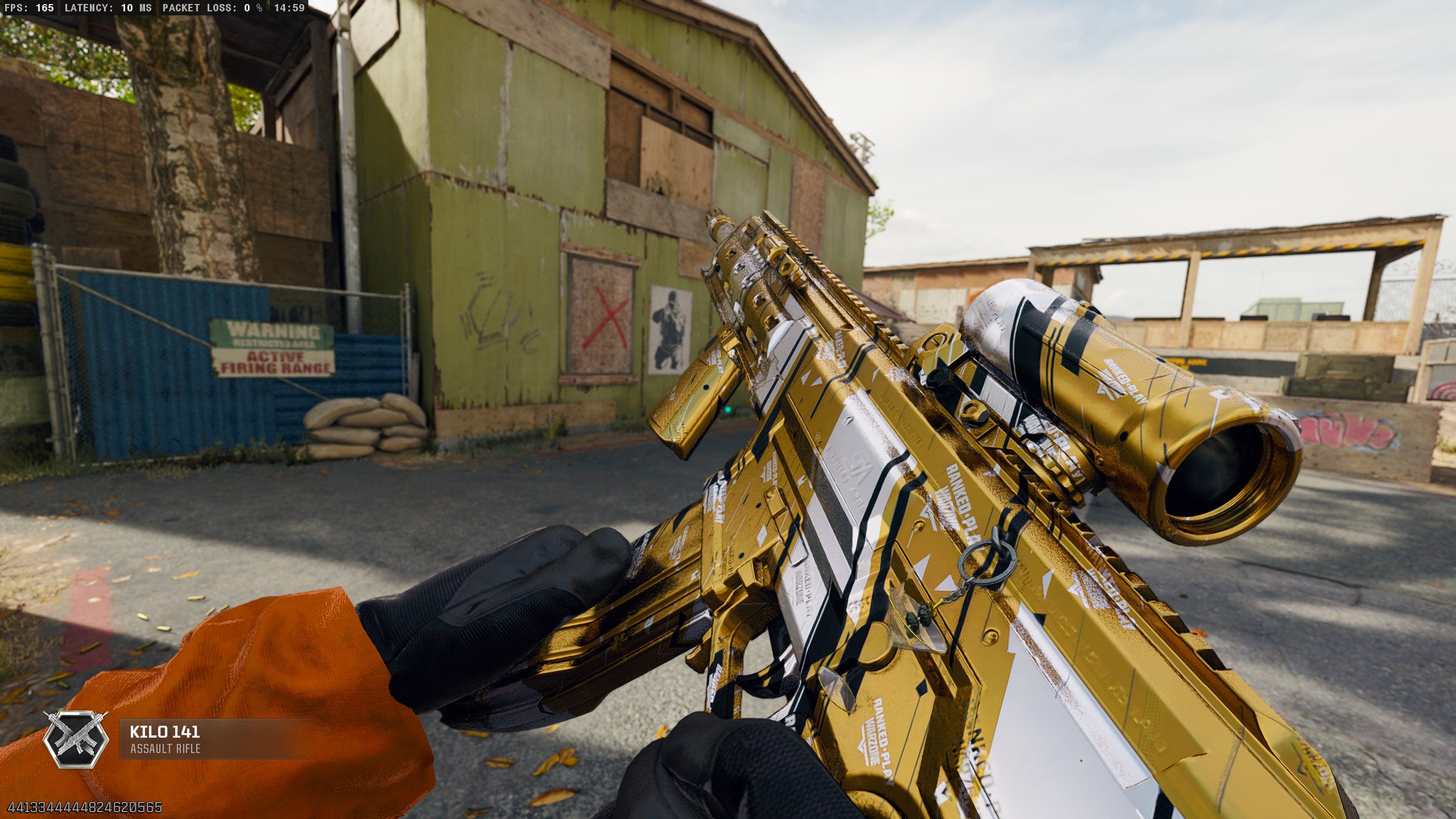When you purchase through links on our site, we may earn an affiliate commission.Heres how it works.
Since the announcement, the deal has been a frequent source of conversation and debate within the community.
It has been heavily scrutinized by a myriad of governmental bodies and regulatory committees on its way to completion.
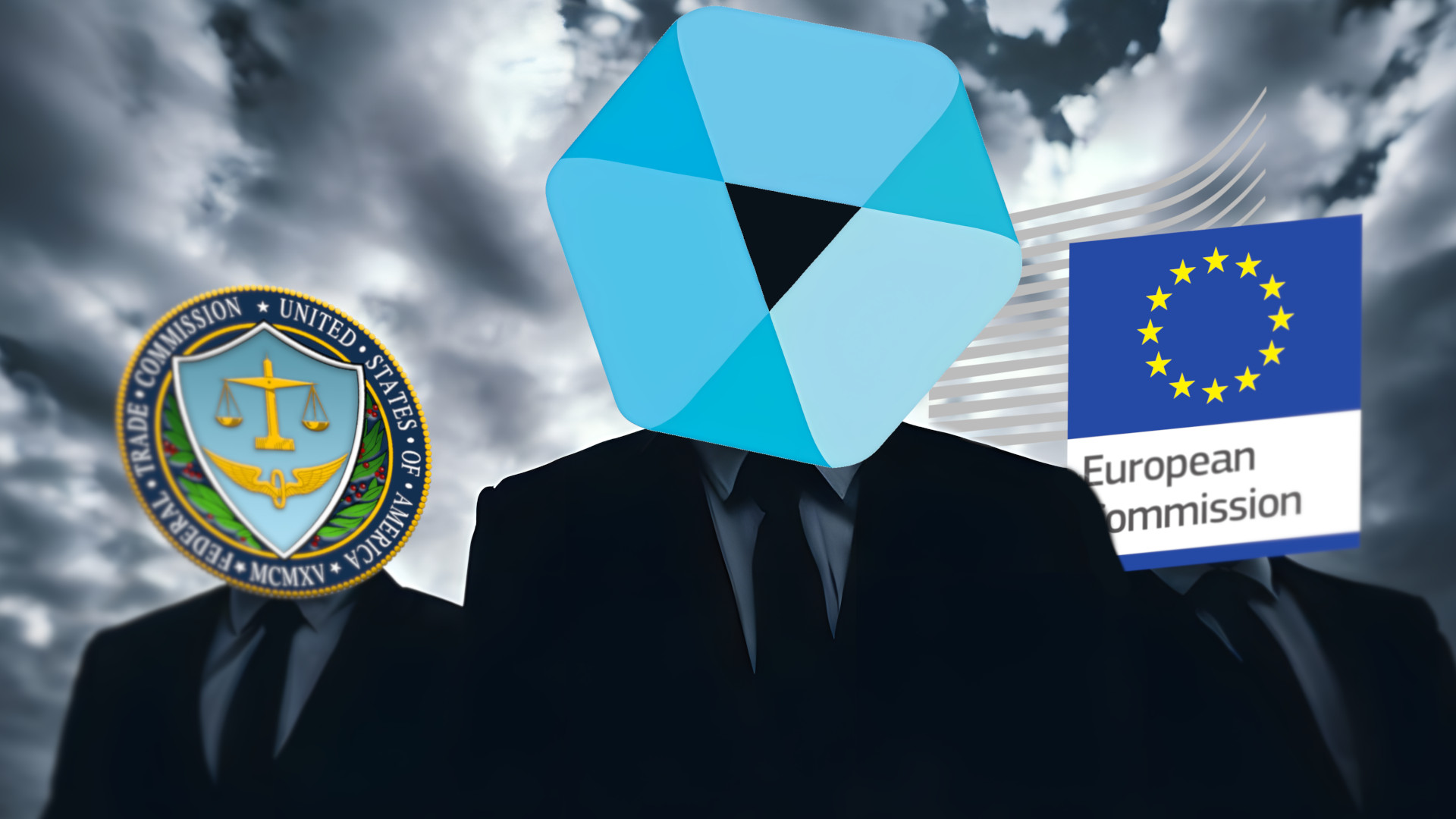
Sony’s PlayStation is the dominant platform, so why does it need protecting?
At this point in the journey,most relevant organizationshave approved Microsoft’s attempt to acquireActivision Blizzard.
Microsoft is moving to appeal the decision whileassuring its employees that Xbox will continue with or without Activision Blizzard.
For months, regulators continued to argue for Sony’s sake despite Microsoft’s attempts to address concerns.
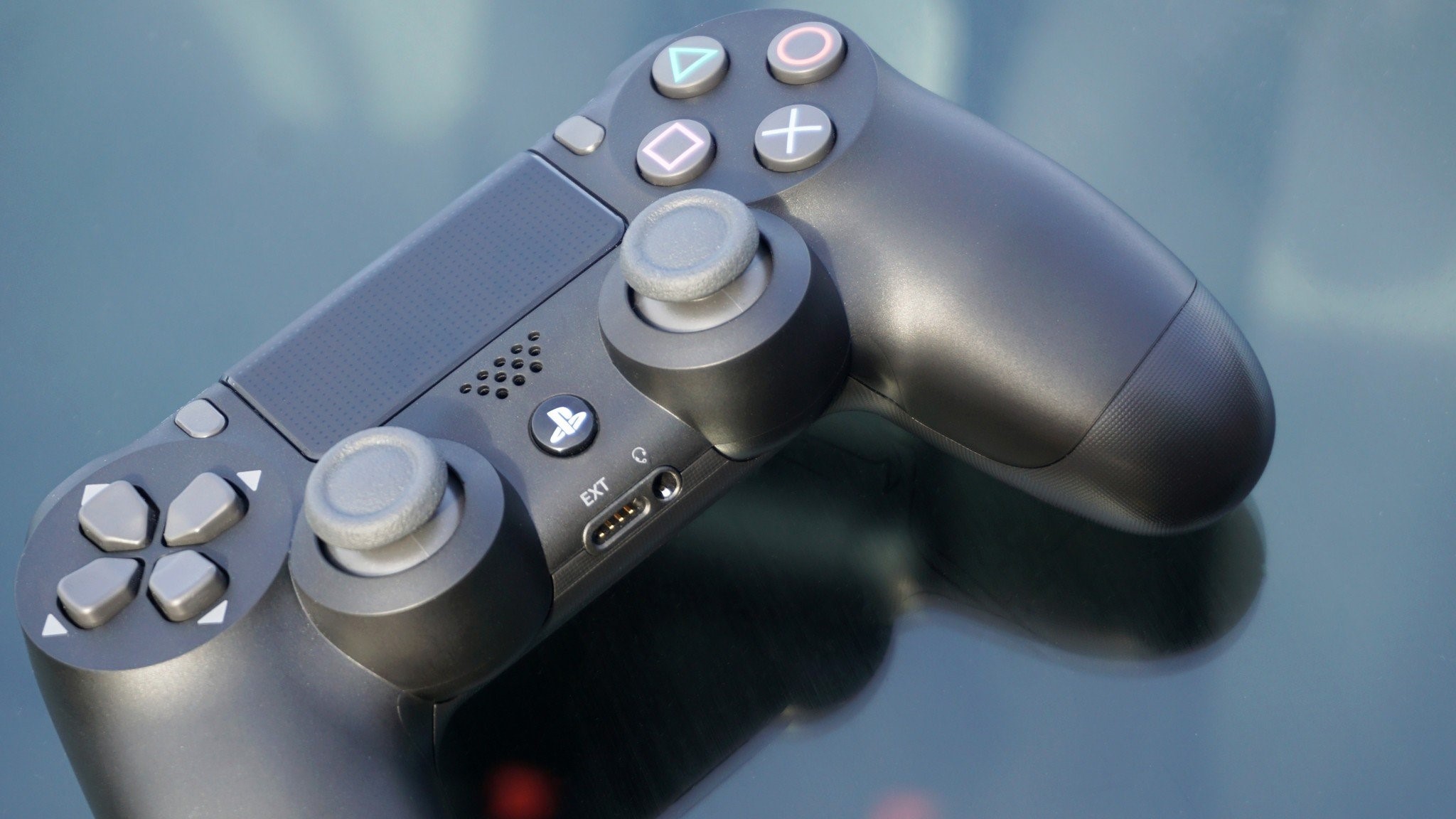
Sony’s PlayStation is the dominant platform, so why does it need protecting?
Most of this centered around theCall of Dutyfranchise.
Thus, regulators moved on to scrutinize cloud gaming Better, but not good enough.
Even valid criticisms of the deal’s impact on cloud gaming have been addressed by Microsoft’s commitments.
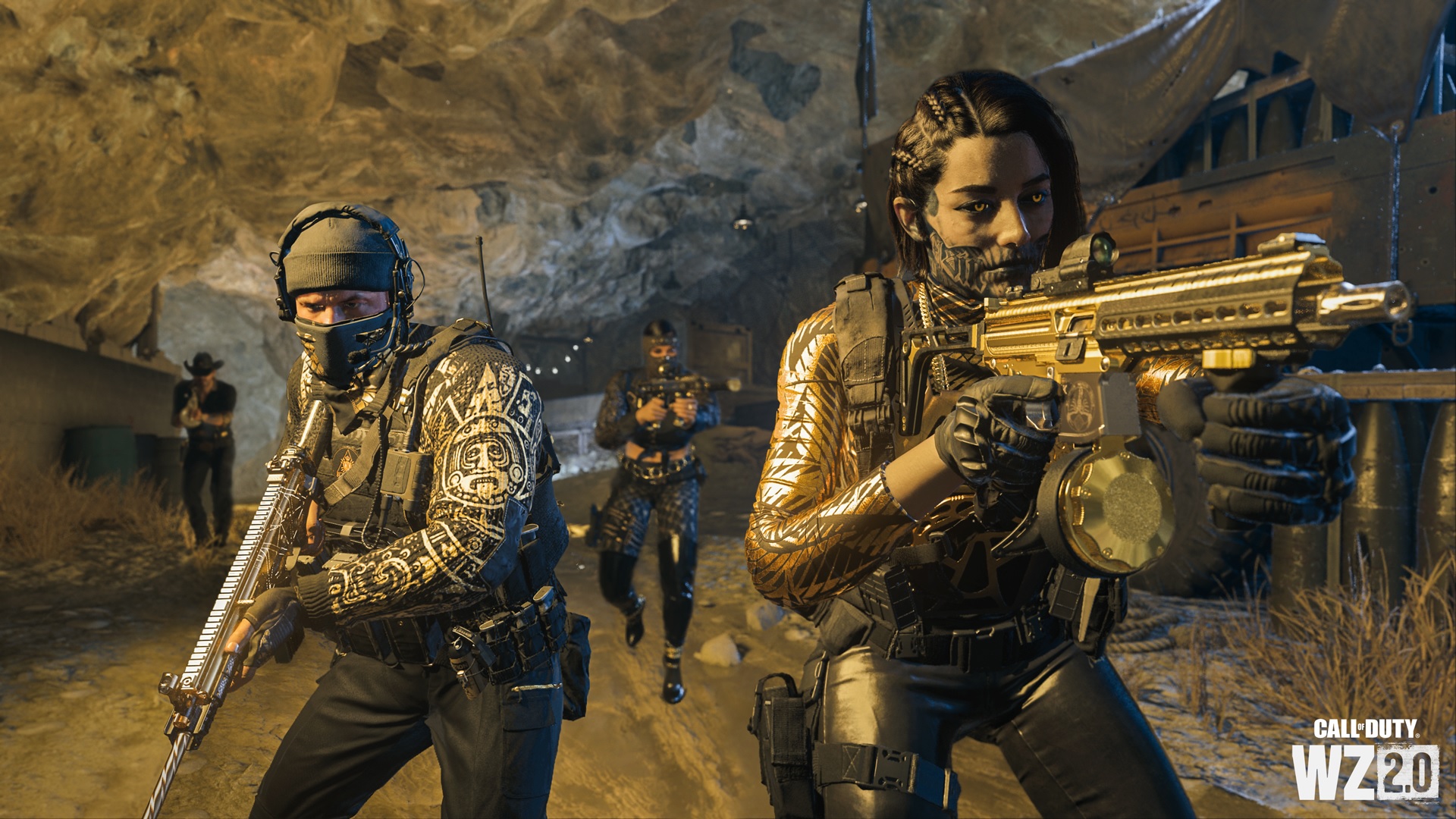
Call of Duty was a huge focal point in the beginning, but why does it matter who’s cashing the checks if Call of Duty comes to more platforms and more players?
Sadly, the CMA has a clear misunderstanding of the nascent nature of cloud gaming.
As my colleague Richard Devine wrote,Microsoft is “being punished over Google Stadia’s failure.”
For one, the CMA has suggested that Google Stadia failed because it lacked Call of Duty.
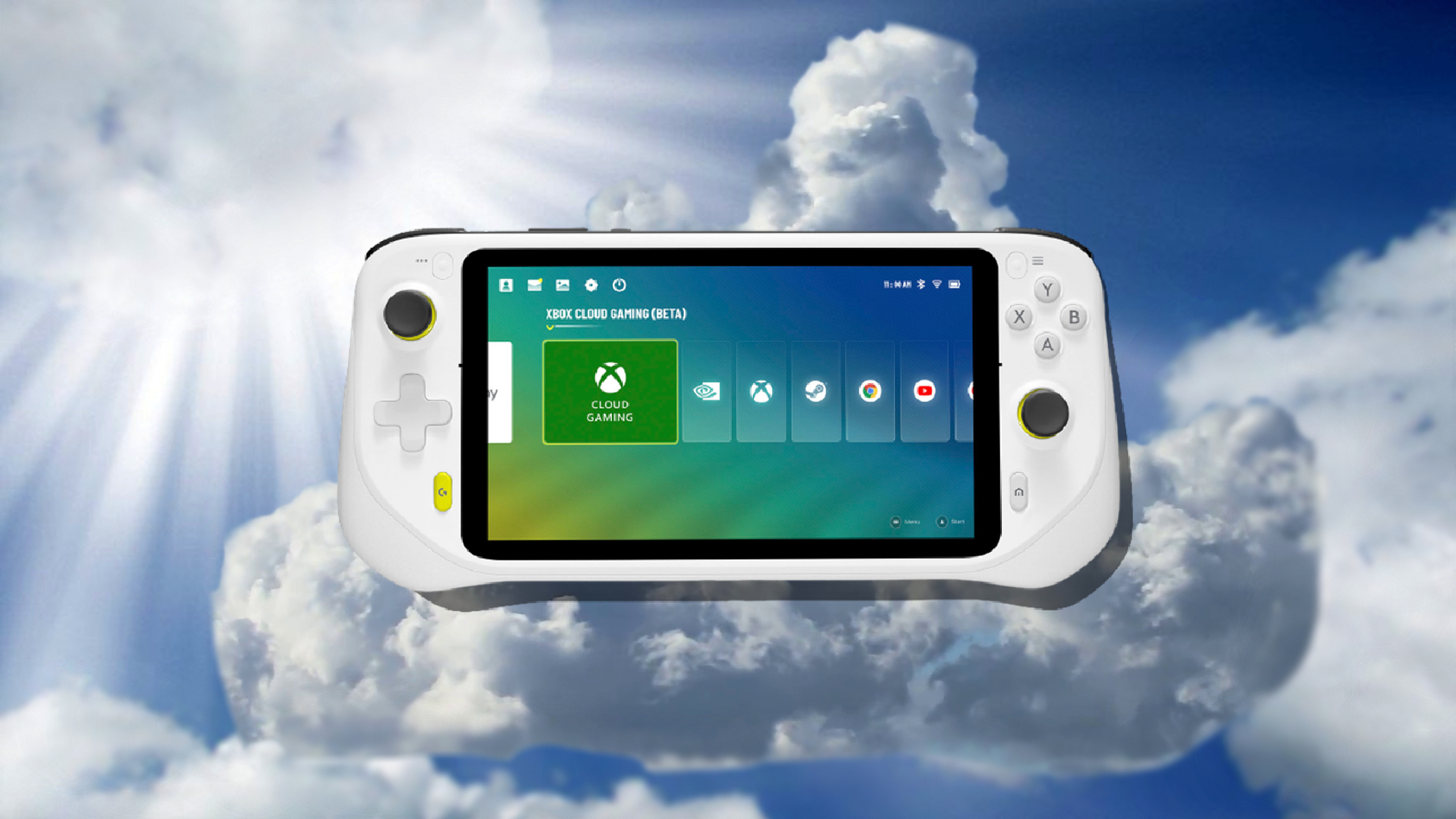
The Logitech G Cloud is part of a new class of devices, but right now only showcases how far cloud gaming still has to go.
Yeah, this often includes even thebest Xbox gamesfrom Microsoft’s own studios.
Cloud gaming needs stronger players to succeed, but Microsoft certainly doesn’t need help with Windows.
If Google Stadia could’ve had Call of Duty, it would have.
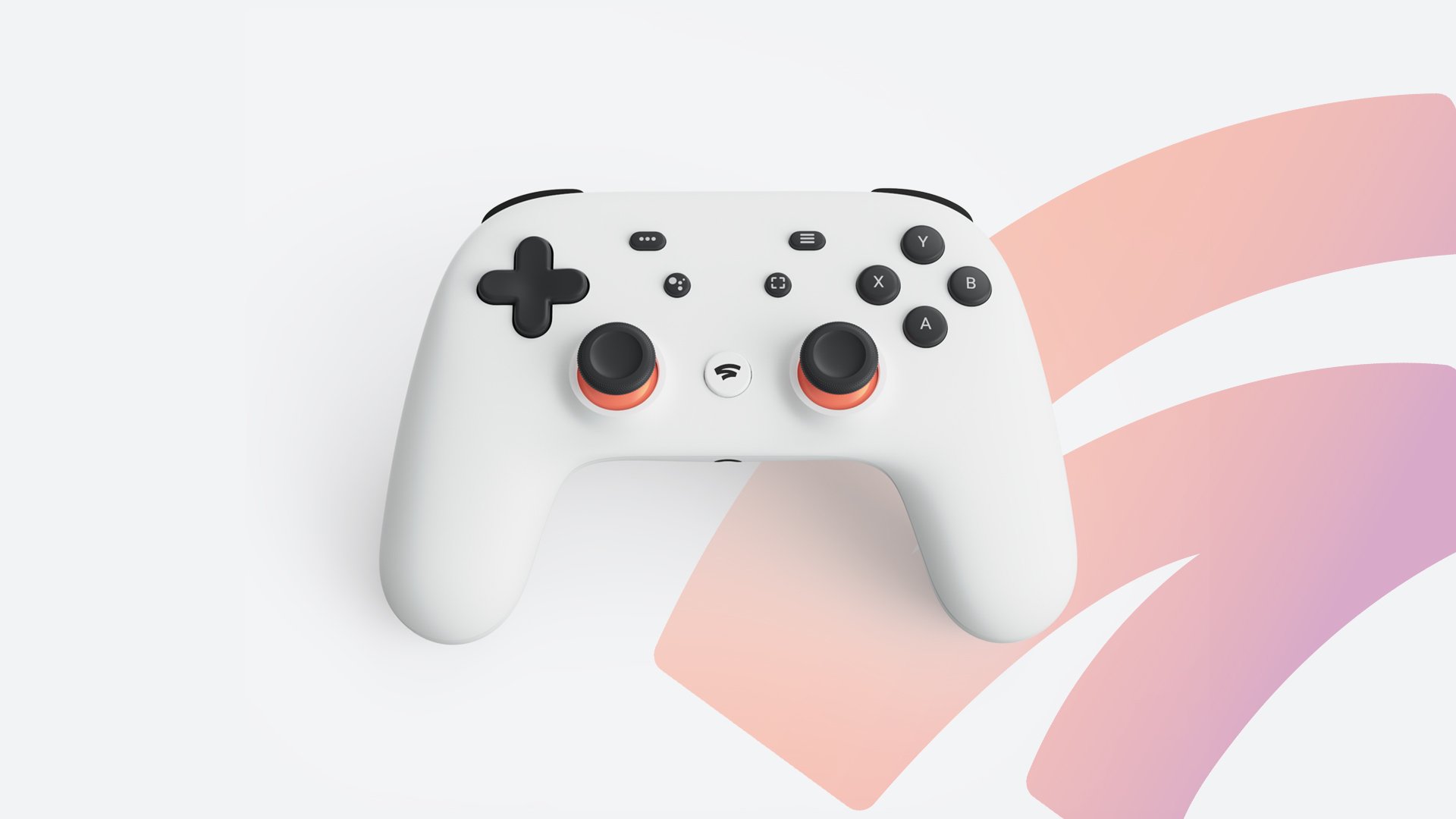
Google Stadia failed for a lot of reasons, but if it could’ve had (and been saved) by Call of Duty, it would have been.
It has the potential to be in the future, but it isn’t right now.
That’s not to say the Activision Blizzard deal isn’t worth scrutinizing.
That’s not why the CMA voted to block the deal.
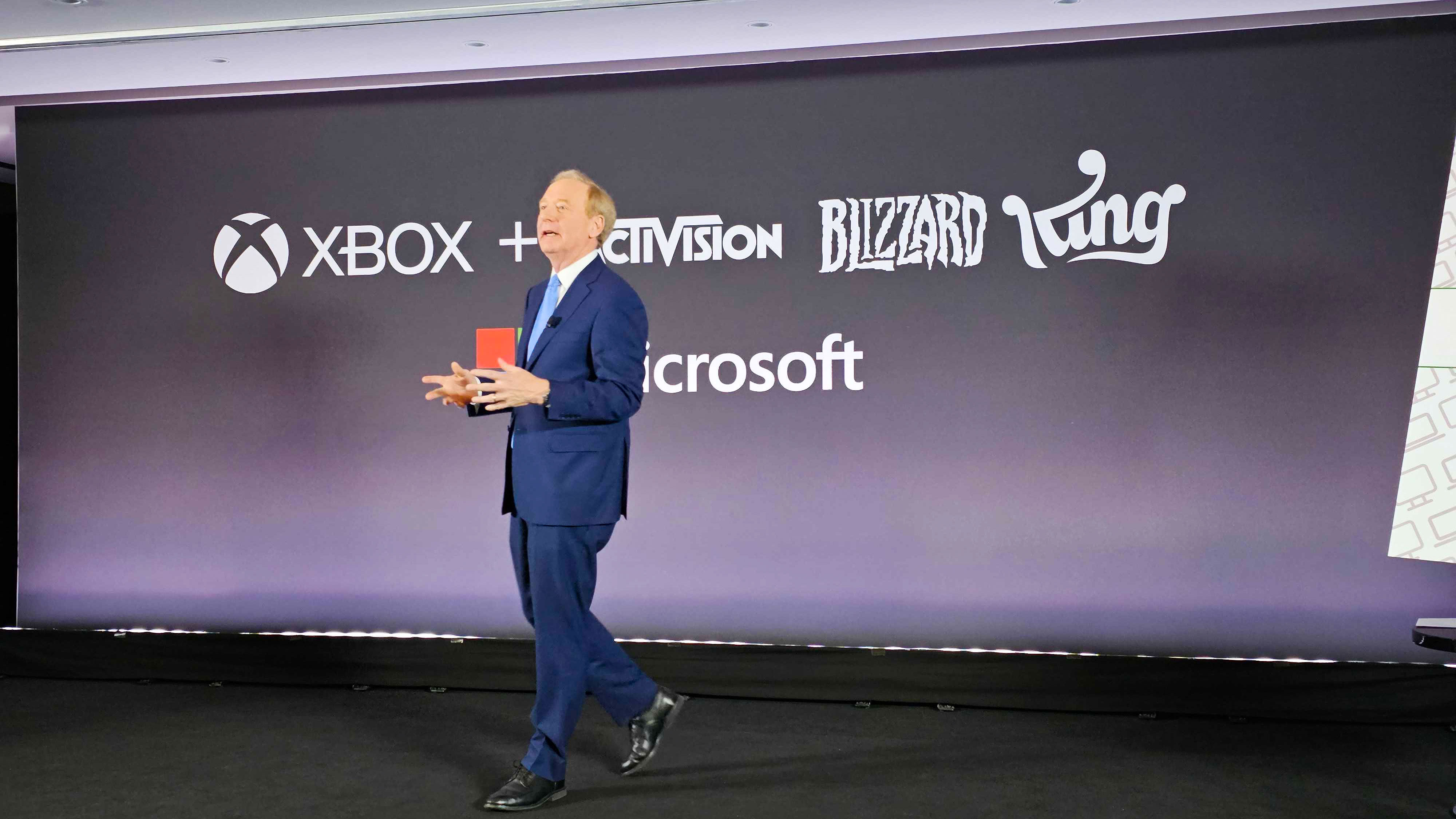
Microsoft has made it clear it doesn’t intend to directly hurt competition with this deal, especially when it comes to cloud gaming.
The vast majority of PC gamers are on Windows, a Microsoft OS.
While they usually useSteamto download their games, Microsoft still owns the platform on which those games run.
Activision Blizzard could give Microsoft the tools it needs to leverage its position as Windows' platform holder.
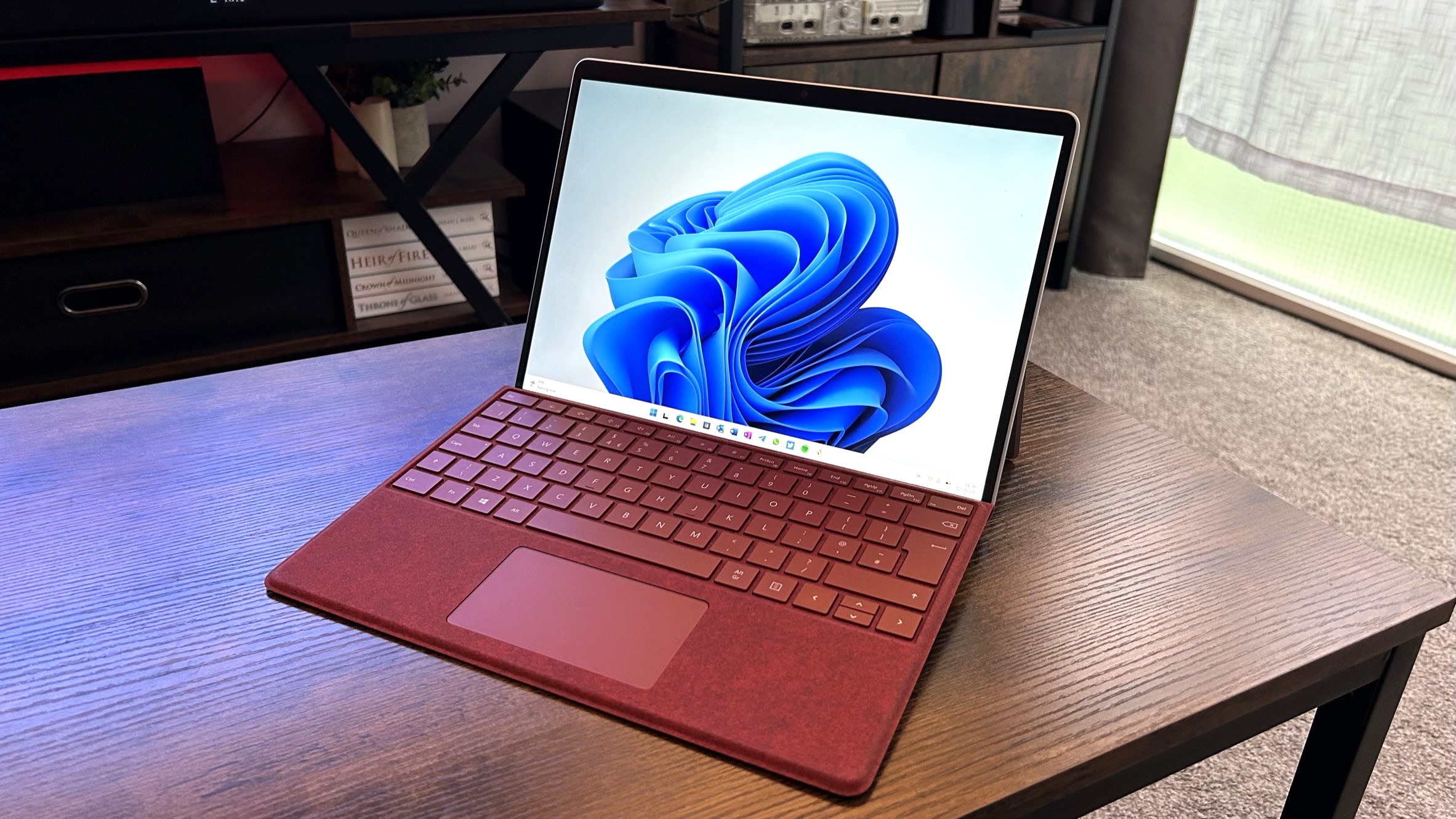
Microsoft has struggled to remain relevant with PC gaming, even with the inherent advantage of being the Windows platform holder.
Activision Blizzard could change this.
I want to be clear; this is a rather far-fetched future.
My point is that there’s a difference between these arguments.
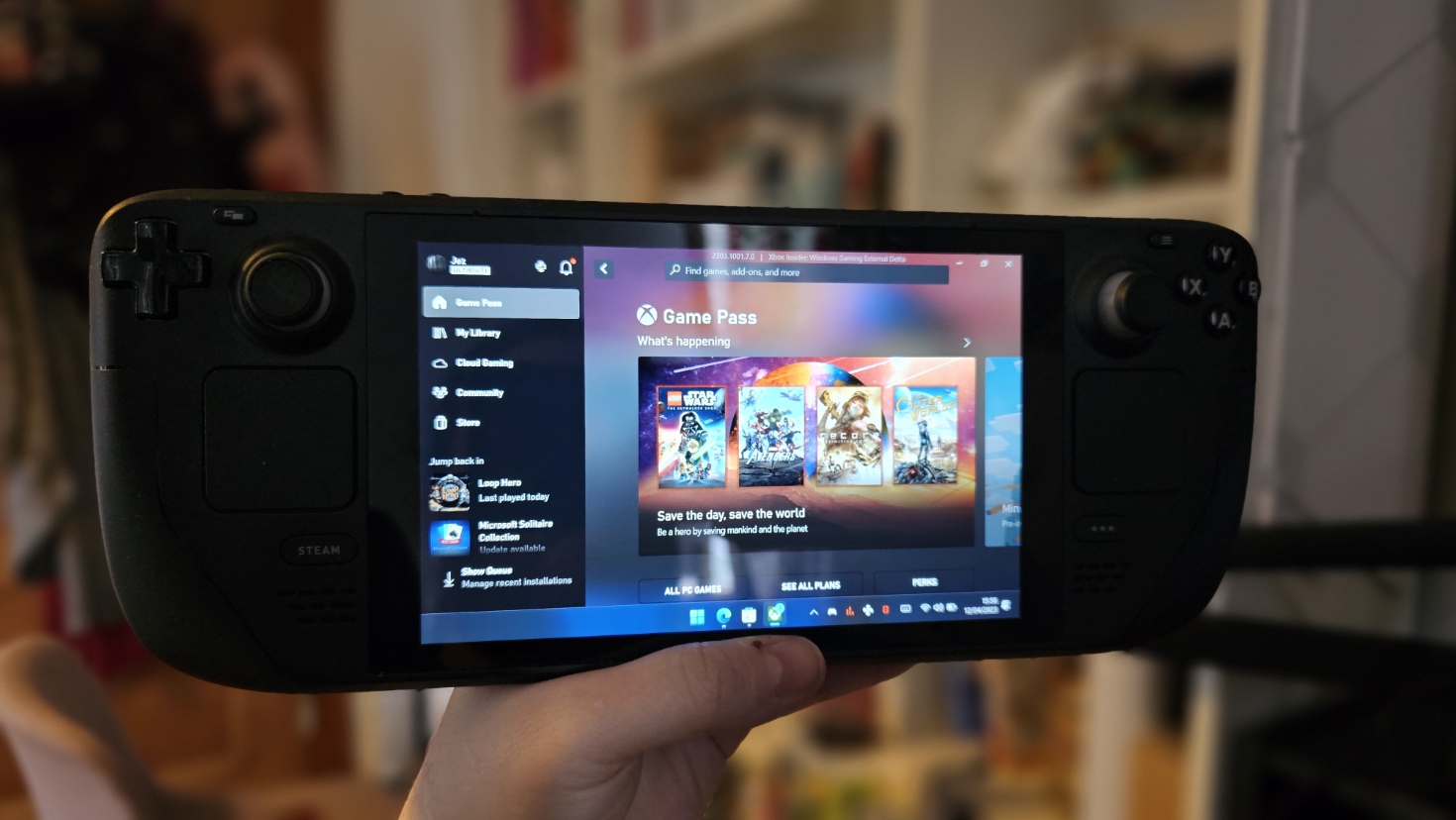
Steam has mostly avoided the pressure of Microsoft’s PC gaming efforts.
It’s a massive deal and would undoubtedly force shifts in the video games industry.
Cloud gaming is… not good right now.
It’s getting better, but it needs alotof time, effort, and investment to make that happen.
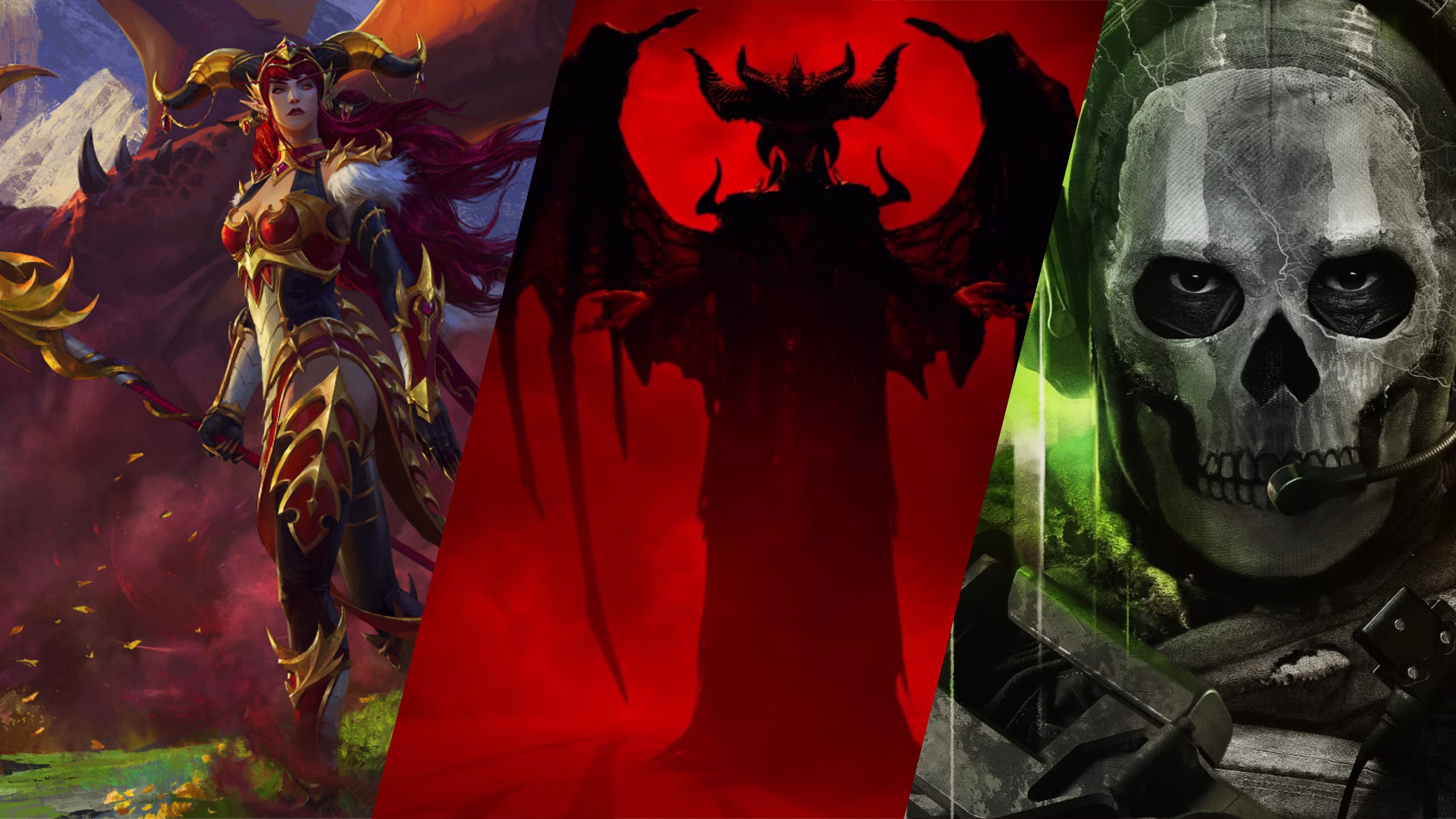
Overall, the Microsoft and Activision Blizzard deal could be great for gamers, as long as regulatory bodies and governments hold Microsoft to its agreements and commitments.
All these regulatory bodies are here to protect consumers, not companies.
That’s the keyword, there: consumers.
Sony doesn’t need protection, and neither does its dominant market position.
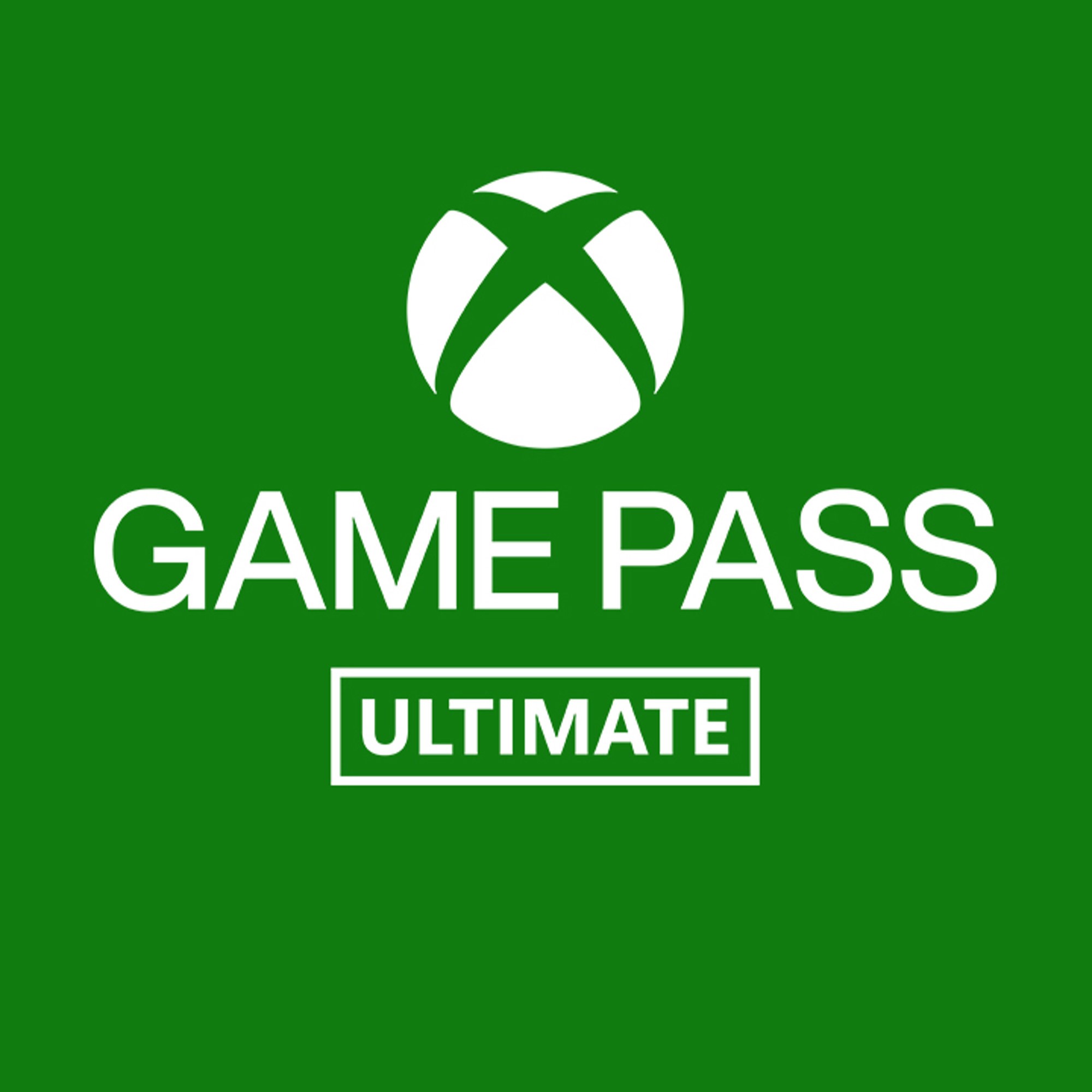
So far, I don’t have confidence that’s what is happening.
